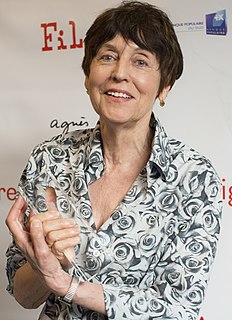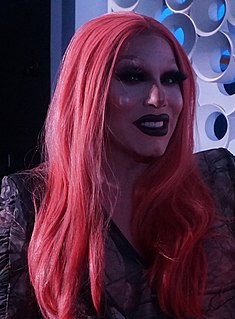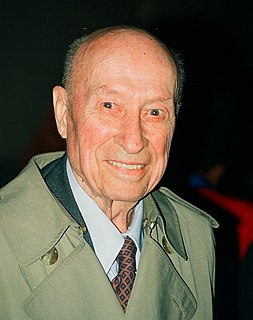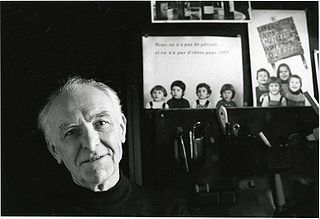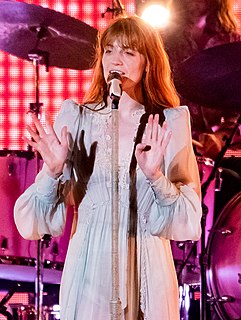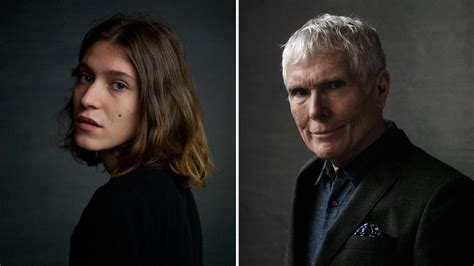A Quote by Annette Messager
I can see today that the same sort of issues lie behind taxidermy and photography. Taxidermy consists in preserving a bird in full flight... In the same way, photography halts and freezes motion and life.
Related Quotes
[Photography] allows me to accede to an infra-knowledge; it supplies me with a collection of partial objects and can flatter a certain fetishism of mine: for this 'me' which like knowledge, which nourishes a kind of amorous preference for it. In the same way, I like certain biographical features which, in a writer's life, delight me as much as certain photographs; I have called these features 'biographemes'; Photography has the same relation to History that the biographeme has to biography.
My room is like an antique shop, full of junk, and weird stuff. There's a big sword in there. And a taxidermy bird, and a couple of birdcages. And a lot of newspaper cuttings. I used to have a weird thing about cutting out morbid headlines from newspapers, and collecting them. I was fascinated with drowning, which is kind of strange.
